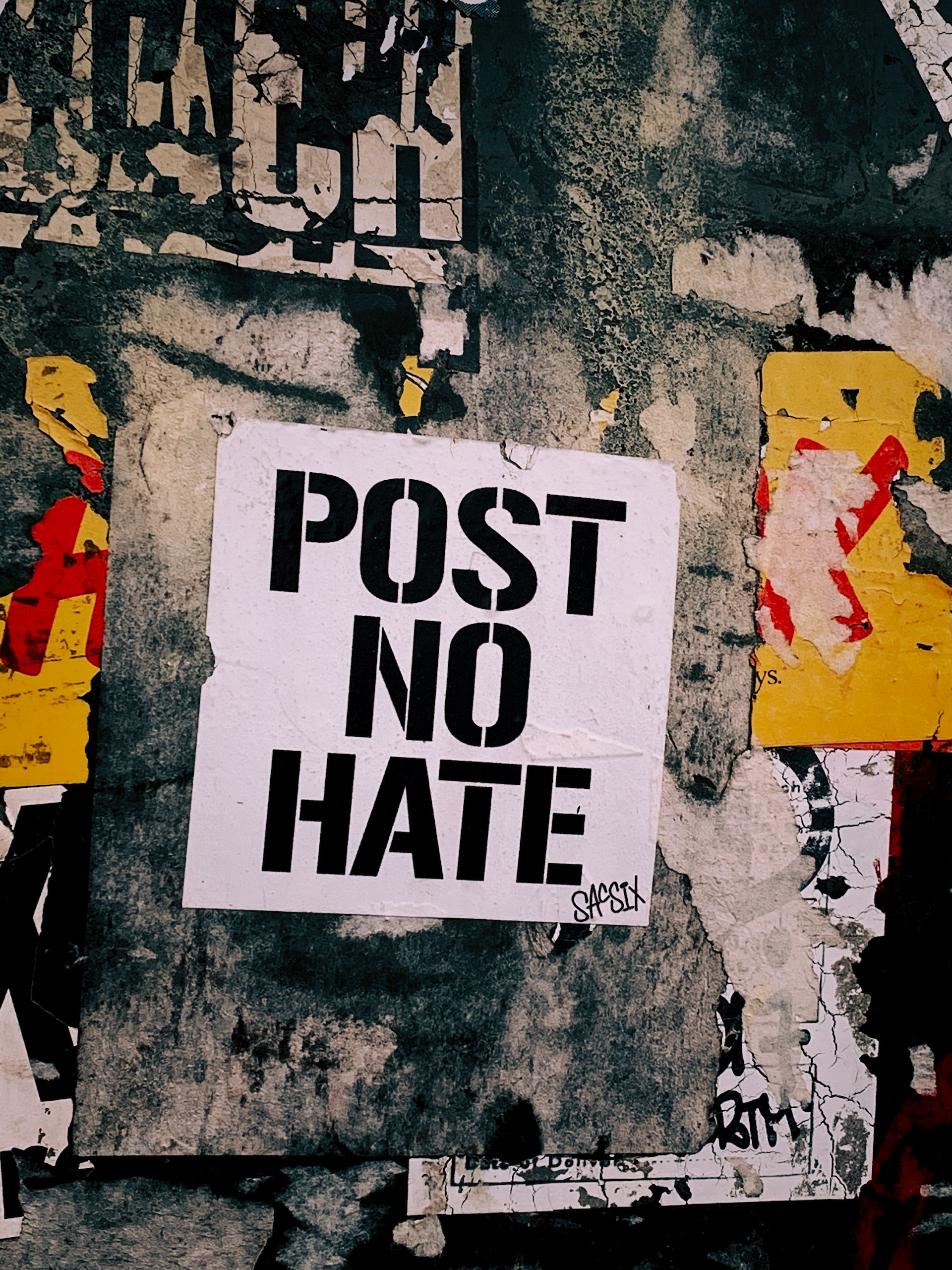So integral a part of human experience is the internet today that we not just meet and socialize on screens, but are them. Within the many layers of them, millions of communities reside with intent to unify individuals through shared sentiments on different topics. Incel communities has become one of them. They typically consist of young men, “incels,” who identify as involuntary celibates. In essence, men who have a hard time attracting women due to their low social status, physical appearance, or socially awkward behaviour. It’s important to emphasize the word: involuntary.
As with all human communities, they exist in order to alleviate us from loneliness, the toughest burden of all, by finding likeminded individuals. And it’s easy to generalize an entire group identity that might contradict with the individuals inside it. Though, a shared consensus within the Incel community seems to be that traditional values such as marriage, firmer gender roles between men and women, as well as the conservation of monogamous relationships, are needed. Polygamy, they moreover believe, is one of the leading factors contributing to our demoralized and destructive society.
If you read the mainstream news, however, you seldom, if ever, hear of this. On the contrary, you are told about the extreme cases in which a specific group shares hateful comments and ideas, or when a tragic crime happens – never about why such a phenomenon exists in the first place, what the majority of them actually are looking for. But why does such a phenomenon as Incel communities exist today? That question shouldn’t be ignored, so let’s try to hold on to it and point to a plausible answer.
Especially since Liberalism got going from the Enlightenment onwards, equality between the sexes has been a growing political movement in Europe and America. And since the 1960s this movement has been so successful, it fundamentally has changed Western Europe and America, and it’s arguable that the dominant values in these societies no longer are masculine, but feminine. Plainly spoken: who even dares questioning the sentence: “equality is the value” – which has morphed into sameness is the value – today?
As part of this transformation, societal expectations of behaviour relating to interpersonal relationships and sexuality have, to put it mildly, been challenged. But also, the more traditional approaches to education and social norms, which more suited the majority of ordinary men. This has created a large portion within the male sex who find themselves struggling with finding their proper role in society at large. On the one hand, they’re told not to be the providers, women provide for themselves, on the other, they can see that the men women prefer on dating apps, are actually those men who precisely are successful economically and socially, and therefore are the classical provider-men, just in a new shape. Hypergamy is alive and doing well.
Seen in this light, there are legitimate ways of sympathizing with the young men’s argument for monogamy. Jordan Peterson, for example, argues that enforced monogamy is the solution to the relationship crisis between men and women today. Enforced monogamy is an anthropological term for a norm by which the relationship between two persons is culturally and socially enforced in a prosperous society. In doing so, one creates the most optimal community for children, but also keep the aggression between the two sexes at bay.
Such arguments, however, do not fit well with the liberal ideal of the freely choosing individual, and “newer” forms of feminism and Queer theory in which the very idea of two sexes is seen as an oppressive power-structure. Furthermore, it doesn’t fit well with capitalism, the self-created identity must in no way be restricted and by all means have every freedom in sexual and cultural matters.
The algorithms of the giant tech companies promote this, of course, thereby bring about an ironic consequence: the most radical aspects on both sides, namely, the feminist and anti-feminist are being promoted the most, as they create debate and controversy, which in turn increases the engagement time of users — potential consumers. These algorithms create large echo chambers of perspectives that too rarely get challenged, and thus promote already established belief-systems of its users.
This powerful movement that combines these, in their own right, immensely powerful movements, is truly hard to challenge, maybe impossible. But what if the argument for the importance of enforced monogamy is valid? Really, what if? Only in a society where men and women are dependent on each other, can they develop shared sympathies and interests, only if we begin thinking about creating a society that challenges this movement, can we begin rebuilding a proper and healthy relationship between the sexes, which we all need.
Just to be clear, this isn’t an endorsement of hateful persons that commit crimes, it’s an appeal for a way forward where there will be less and less of them.




